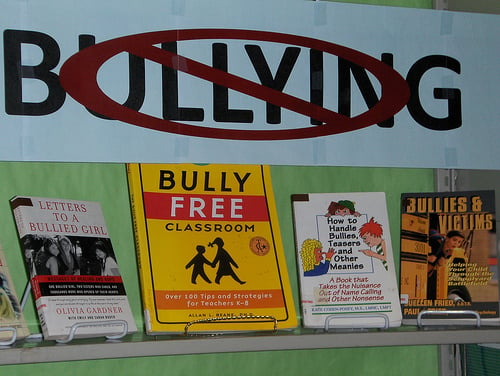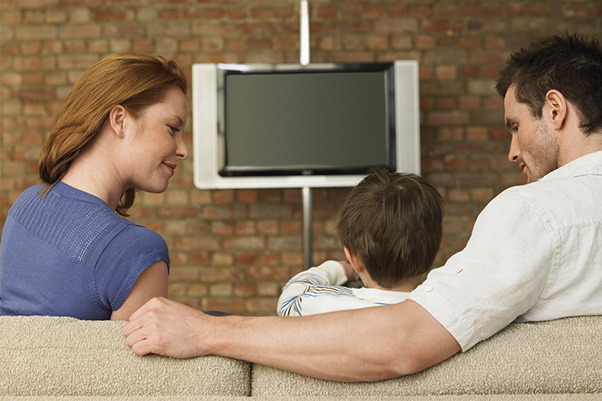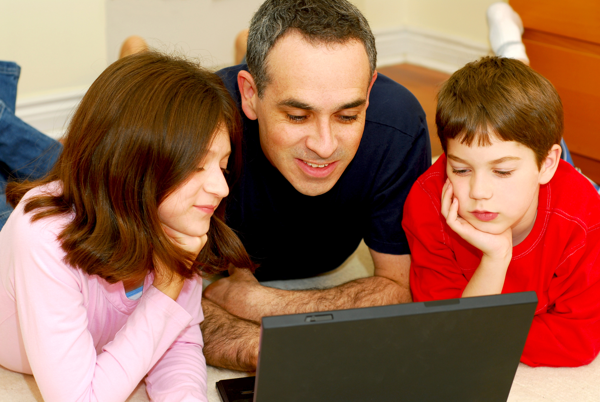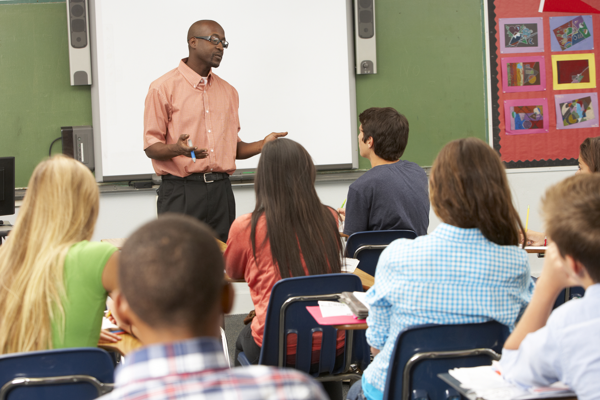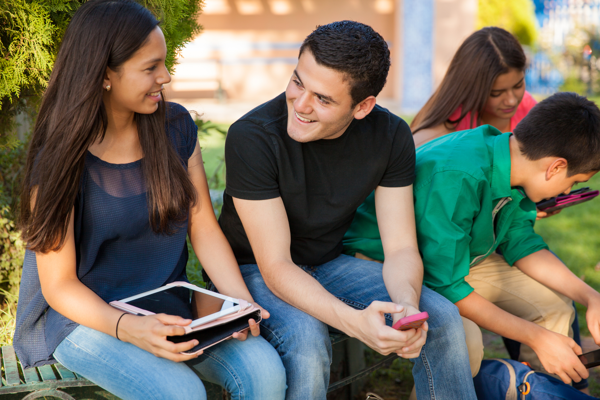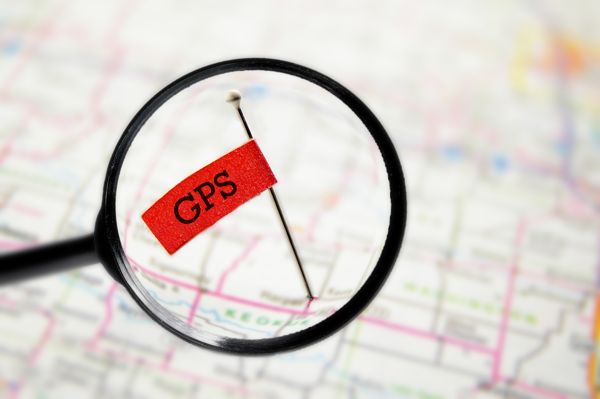The digital age has moved peer pressure from classrooms and neighborhood blocks onto the Internet. Teens follow the pack on social media websites and apps like Twitter, Facebook, MySpace and YouTube. The main difference between the old form of offline peer pressure and today's online peer pressure is public. When peer pressure is applied on a medium that more than a handful of people can see, teens are often tempted to succumb to it even if they'd rather not.
Before the Internet exploded in popularity, teens were often lured into shenanigans by their friends while hanging around in public parks, school parking lots and backyards. Since these situations were limited to a small group of people, fewer knew about the social pressure. Now that peer pressure is online, it is viral. If someone is hazed, taunted or challenged on the web, just about everyone will know about it.
As a result, youngsters feel an extraordinary amount of pressure to respond to social persuasions to avoid hurtful criticism, teasing and social ostracism. It is very difficult for teens to buck the trend and take the road less traveled. Many succumb to peer pressure simply because their refusal to do so will be made public through social media.
Of particular note are the viral YouTube challenges. Most of these are absurdly gross but their proponents have lured in numerous teens.
Read More »

